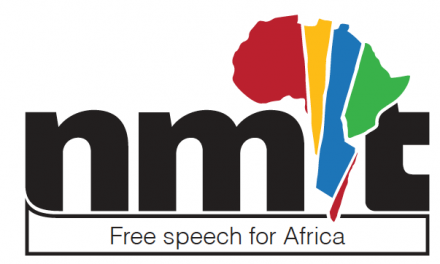
The retreat of neoliberalism
By William Gumede
William Gumede, Chairman of the Democracy Works Foundation
Article reproduced from Pambazuka News
An internal IMF report admitting the destructive nature of neoliberalism may have come too late for many African countries. The neoliberal structural adjustment programmes have led to economic hardships, political instability and conflicts in most African countries where they have been implemented.
For decades African countries have been forced by the World Bank and the International Monetary Fund (IMF) to implement neoliberal policies, including opening their markets to foreign competition, reducing the role of the state in providing basic services and abolishing subsidies to the poor.
However, an IMF internal paper published in July for the first time admits that the neoliberal reforms prescribed by the Bretton Woods organisations are flawed, have increased inequality and have not necessarily delivered economic growth.
The report, headlined “Neoliberalism: Oversold” is written by three leading IMF economists – Jonathan Ostry, Prakash Loungani and Davide Furceri. The report says new research on the impact of neoliberal policies on recipient countries has led to “disquieting conclusions” for the World Bank, IMF and proponents of neoliberalism.
The IMF report specifically looks at two aspects of neoliberal reforms: the removal of barriers to capital flows, called capital account liberalisation, and reducing public spending aimed at cutting fiscal deficits and public debt, called fiscal consolidation, or more commonly austerity.
The report makes three devastating conclusions: One, that the neoliberal reform programme has not delivered increased economic growth. Secondly, neoliberal reforms have increased inequality. And thirdly, the increased inequality caused by neoliberal reforms has in turn undermined the level and sustainability of economic growth.
The report states that the removal of barriers to capital flows, or financial openness, has often resulted in short-term speculative, so-called “hot” inflows, in developing countries. However, such speculative capital inflows to African and developing countries are often quickly withdrawn by industrial country investors as they seek better returns elsewhere, destabilising African and developing country economies which were initial recipients of such “hot” inflows.
Such speculative inflows neither boost growth nor allow the African or developing country to share the costs of such destabilisation with the industrial countries from which speculators originate.
The IMF report shows that since 1980, there have been 150 incidents of increased volatility in more than 50 developing countries which pursued financial openness strategies involving sudden inflows and outflows of portfolio capital, with about 20% leading to severe financial crises in these economies.
The report concludes that “increased capital account openness consistently figures as a risk factor in these cycles”. It reckons that the benefits of growth from short-term capital flows as a result of financial openness are “difficult to reap”, and the risks associated with such reforms, “in terms of greater volatility and increased risk of crisis, loom large”.
The authors conclude that there was an increased “acceptance of controls to limit short-term debt flows that are viewed as likely to lead to – or compound – a financial crisis”. They argue that while exchange rates and financial policies could help to alleviate risks of increased financial instability, “capital controls are a viable, and sometimes the only, option when the source of an unsustainable credit boom is direct borrowing from abroad”.
The report says that although high public debt is detrimental to growth and welfare, it would be better for African and developing countries to pay off their public debt over a longer time, rather than cut current productive spending needs. To lower public debt, proponents of neoliberal reforms have proposed that taxes should be raised or public spending cut, or both.
Article shortened – Ed.












































